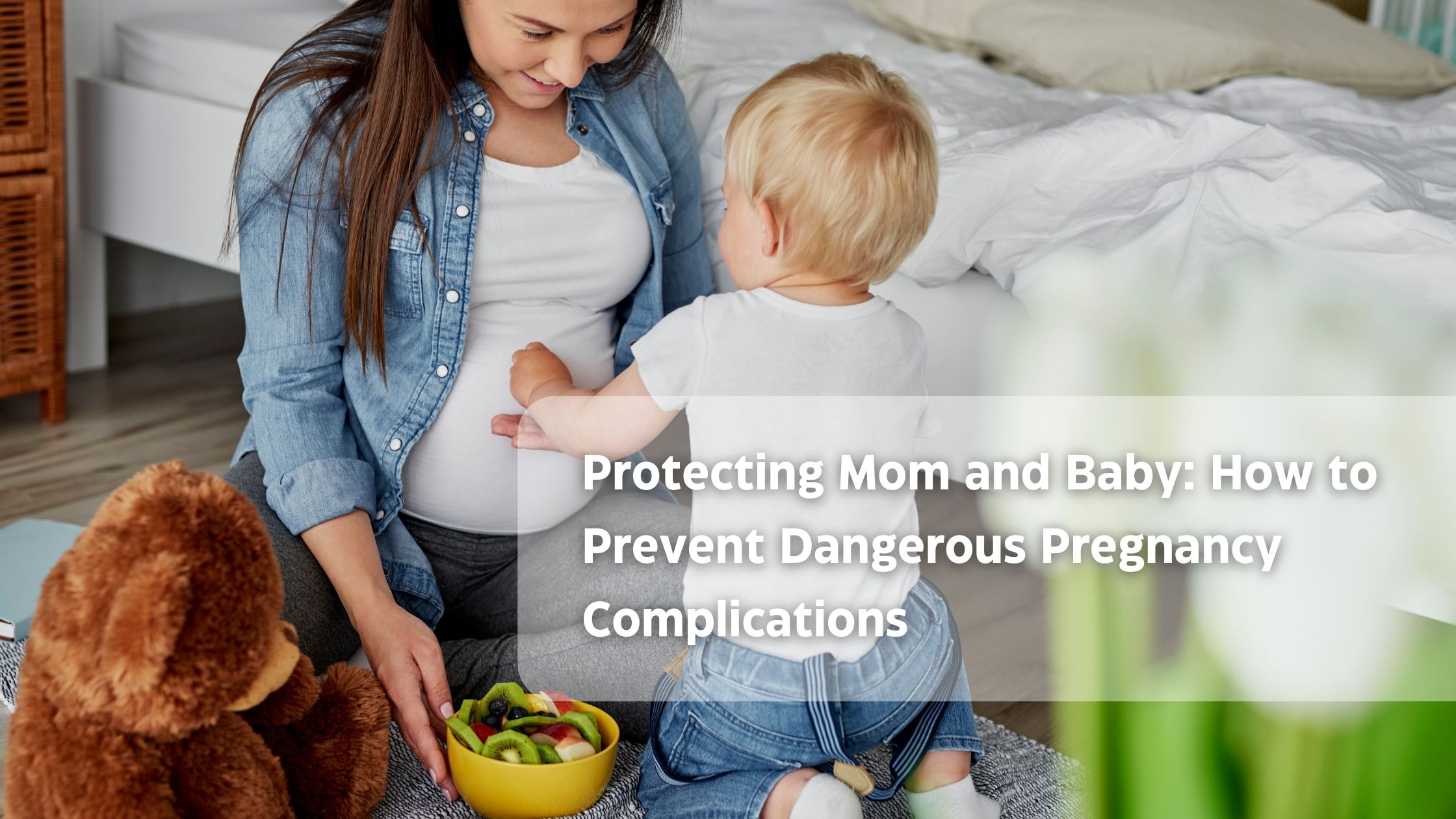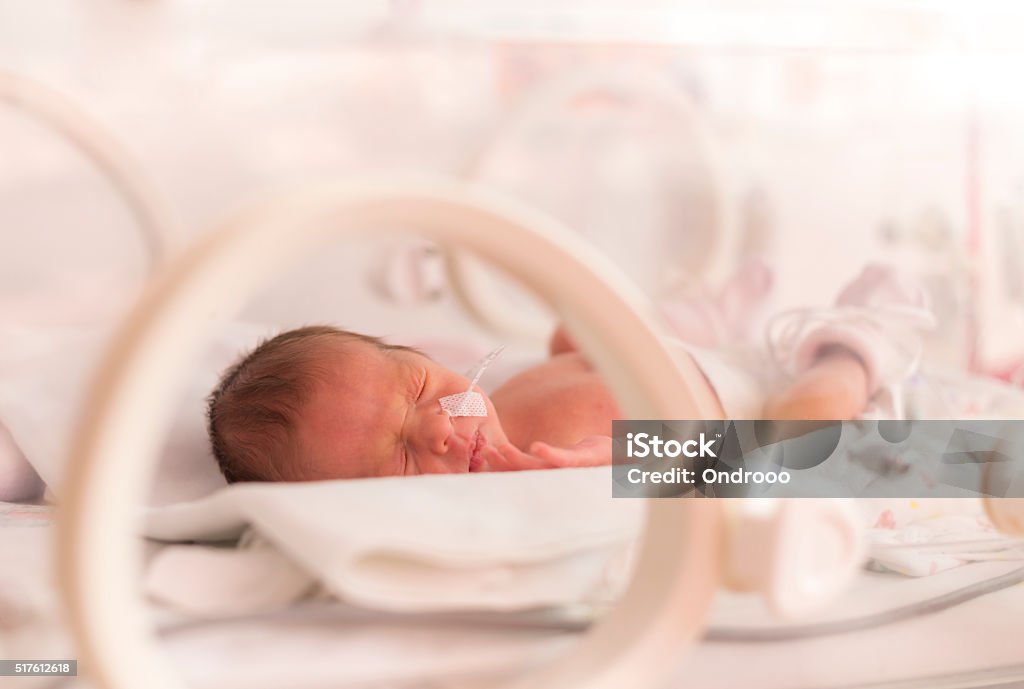Protecting Mom and Baby: How to Prevent Dangerous Pregnancy Complications
Understanding the Risks: What Causes Dangerous Pregnancy Complications?

Identifying Key Risk Factors for Moms:
Age: Women under 20 or over 35 face higher risks
Certain factors can increase the risk of complications during pregnancy, making awareness and proactive care essential. Pre-existing conditions like diabetes, hypertension, or obesity can lead to challenges such as gestational diabetes, preeclampsia, or delivery complications. Multiple pregnancies, such as twins or more, increase the likelihood of preterm labor and low birth weight, while a history of pregnancy issues, like miscarriages or complications, can heighten the risk of recurrence. Lifestyle factors like smoking, alcohol use, or poor nutrition further endanger both mother and baby, potentially causing developmental issues or preterm birth. Regular prenatal check-ups and open communication with healthcare providers are vital to monitoring and addressing these risks early. Mothers can also reduce their risk by adopting healthier habits, such as quitting smoking, improving nutrition, and managing existing health conditions, ensuring a safer and healthier pregnancy journey.
How These Complications Affect Babies
Complications during pregnancy not only affect the mother but can have serious consequences for the baby as well. Premature birth can result in developmental delays and long-term health issues due to the baby’s underdeveloped organs. Low birth weight is often linked to future health problems, such as developmental delays, learning disabilities, or chronic conditions. Birth defects, which can affect various organs and systems, may range from mild to severe and require extensive medical care. In the most severe cases, stillbirth can occur, leading to the tragic loss of the baby. Early detection and management of these complications through regular prenatal care are crucial, as they enable healthcare providers to intervene promptly, minimizing risks and improving outcomes for both the mother and the baby. With close monitoring and timely action, many potential issues can be addressed before they escalate, ensuring a safer pregnancy and healthier future for the child.

Proactive Measures for Moms: Preventing Harm
Best Practices in Pregnancy Care
Here are some best practices for pregnancy care:
Maintaining a healthy pregnancy involves several key practices that support both the mother and baby. Regular prenatal check-ups are essential for early detection of any complications. Following medical advice, such as taking prescribed medications and supplements, helps ensure proper nutrition and health throughout the pregnancy. Staying active with safe, doctor-approved exercises promotes strength and reduces discomfort. Managing stress with relaxation techniques is important for emotional well-being, while getting enough rest (7-9 hours of sleep) helps the body recover. Additionally, it's crucial to avoid harmful substances like smoking, alcohol, or illicit drugs, as they can negatively affect fetal development. These practices help ensure a healthier pregnancy, but since every pregnancy is unique, always consult with a healthcare provider for personalized advice.

Nutrition and Lifestyle Tips for a Healthy Pregnancy
Here are some tips:
Maintaining a healthy pregnancy starts with adopting good habits that benefit both the mother and baby. Eating a balanced diet with plenty of fruits, vegetables, whole grains, and lean proteins provides the essential nutrients needed for the baby’s growth and development. Staying hydrated by drinking water throughout the day helps support overall health and fluid balance. Taking prenatal vitamins, particularly those with folic acid and iron, is important for preventing deficiencies and supporting both the mother and baby’s well-being. It’s also crucial to maintain a healthy weight by following the weight gain guidelines set by the doctor to avoid complications. Limiting caffeine to 200mg or less per day is safe for most pregnant women, reducing the risk of adverse effects. Lastly, practicing good hygiene by washing hands frequently and avoiding raw or undercooked foods helps prevent infections that could affect both mom and baby. These habits promote overall health and reduce the risk of complications during pregnancy.

When to Seek Help: Knowing the Signs and Symptoms
How to Recognize Dangerous Pregnancy Complications Early
Early recognition of complications during pregnancy is essential for ensuring the health of both mother and baby. Be aware of warning signs like severe headaches or vision changes, sudden swelling in the face, hands, or feet, abdominal pain or cramping, vaginal bleeding or fluid leakage, decreased fetal movement, fever or chills, persistent vomiting, or difficulty breathing. These could indicate serious conditions such as preeclampsia, gestational diabetes, or placental issues. If you experience any of these symptoms, don't ignore them or wait for them to pass. Always seek medical advice promptly to ensure timely intervention and protect your health and that of your baby.
The Importance of Immediate Medical Attention
When facing pregnancy complications, timely medical attention is crucial. It can prevent minor issues from escalating into major problems, allow for early diagnosis and treatment, and ultimately improve outcomes for both mom and baby. Seeking help promptly also provides peace of mind, reducing stress and worry. Never hesitate to contact your healthcare provider if you're concerned and they are there to help and prefer you to be cautious. Trust your instincts and don't wait if something feels off; your health and your baby’s well-being are worth acting on.
Conclusion
In conclusion, while pregnancy complications can be scary, many are preventable or manageable with proper care. By understanding the risks, taking proactive measures, and knowing when to seek help, moms can significantly reduce their chances of experiencing dangerous complications. Remember, a healthy pregnancy is a team effort between you and your healthcare providers. Stay informed, stay vigilant, and don't hesitate to ask for help when needed. Your health and your baby's well-being are worth every precaution.

